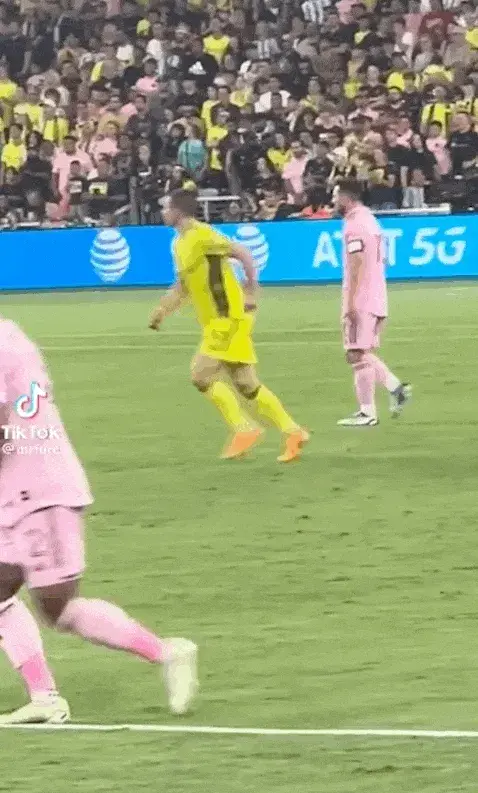Welcome to Creator Columns, where we bring expert HubSpot Creator voices to the Blogs that inspire and help you grow better.

A few months ago, on my podcast Nudge, Jonah Berger told me about the power of pausing.
The act of pausing seems like a small thing. But recent studies show that pausing can make you more persuasive and can improve outcomes.
In this blog, I’ll share some of the science behind this phenomenon and how to apply it to your next negotiation.
Pausing shows confidence.
He shared how highly successful speakers often use a surprising amount of pauses when they talk.
Jonah shared this clip from an Obama speech and told me to listen for pauses. You can see the speech here:
That clip is just 45 seconds long, yet Obama pauses for one second or more eight times.
Jonah says this isn’t by accident. Obama has taught himself to slow down and pause more often, making him sound more confident according to Jonah’s studies.
Pauses can be strategic.
Pausing won’t just help political candidates. It has helped one of the world’s greatest footballers, Lionel Messi.

Adam Alter shared the reason while chatting with me on a recent episode of Nudge.
Pausing worked for Messi, giving him an advantage in analyzing opponents quickly and calming his nerves.
The Power of Silence in Negotiation
Pauses have a strategic benefit for top performers like Messi and Obama. But can they be useful for the rest of us, even in negotiations?
Well, evidence suggests they might. In a study by psychologists, pausing during negotiations led to better outcomes for both sides, encouraging collaboration instead of competition.
Feeling anxious and rushing in negotiations is natural, but taking your time and pausing could lead to improved results, just like it did for Messi and Obama.


